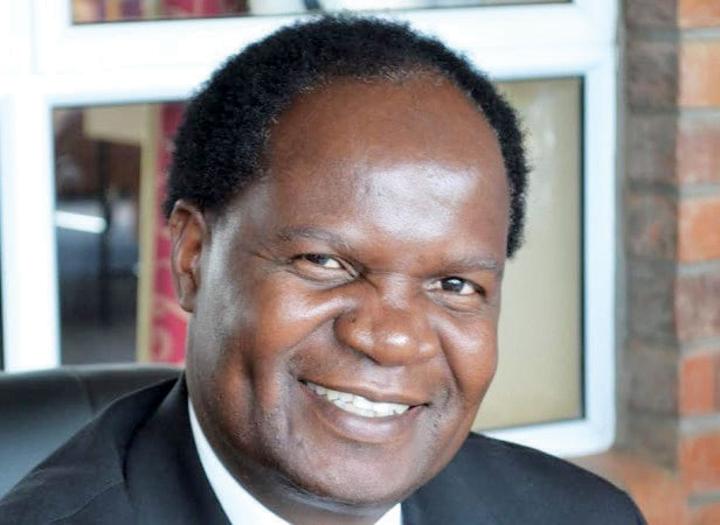Africa-Press – Malawi. Parliament has embarked on the review of Standing Orders which, among other developments, will see lawmakers having proper guidelines on how they can impeach judges of the High Court and the Supreme Court of Appeal.
A source at the National Assembly said the exercise is expected to start today after which the Legal Affairs Committee will take up the reviewed document and present it to the whole House for adoption.
Standing Orders are rules which regulate internal processes of Parliament and are written in line with Section 56 of the Constitution. “Subject to this Constitution, the National Assembly may, by Standing Order or otherwise, regulate its own procedure,” the first part of the section reads.
Currently, Parliament does not have clear guidelines on impeaching judges even though that procedure is provided for in the Constitution on grounds of incompetence or misbehaviour.
Section 119(3) of the Constitution states that the President may, in consultation with the Judicial Service Commission (JSC), remove from office any judge where a motion praying for the removal on the ground of incompetence or misbehaviour has been debated in Parliament, passed by a majority of votes and submitted to the President.
The review of Parliament’s Standing Orders happens every five years to take into account developing practices in the House necessitating either the inclusion of new guidelines or the removal of others.
“Once the experts from Parliament secretariat are done with their work, it will be up to the lawmaker to take the recommendations on board or review them further or simply reject them,” our source said.
In an interview Tuesday, Parliament spokesperson Ian Mwenye said reviewing the Standing Orders is a routine exercise. Mwenye said just as is the case with any review, one cannot tell the outcome of the process until it is completed.
“Please note that this exercise involves a number of stakeholders including the Legal Affairs Committee. The review process can only be successful if adopted by the whole House.
“Review of Standing Orders is a normal process in Parliament under Standing Order 212. There is nothing new,” he said.
Professor of law at the University of Malawi Garton Kamchedzera said reviewing of Standing Orders should not be routine, “though it may be periodic”. Kamchedzera said well-formulated rules are those that stand the test of time.
“Reactive rule-making results in routine reviews and whim-serving. Good rule-making must be futuristic much as it must be about current efficiency and effectiveness,” the law expert said in an interview Tuesday.
The last major review of the Standing Orders was conducted in 2017 but members of Parliament (MPs) did not adopt the new rules because that time’s governing party objected to the operationalisation of Section 89(3) (c) of the Constitution which requires the President to answer questions in the House.
In 2001, MPs initiated impeachment proceedings against judges Dunstain Mwaungulu, George Chimasula Phiri and Anaclet Chipeta for alleged misconduct, but the development received extensive backlash which resulted in then president Bakili Muluzi dismissing the charges.
The impeachment process happened against an earlier ruling by another judge prohibiting Parliament from going ahead with the removal. The judges did not have a hearing on their case and were reportedly not given a chance to present their defence.
For More News And Analysis About Malawi Follow Africa-Press






